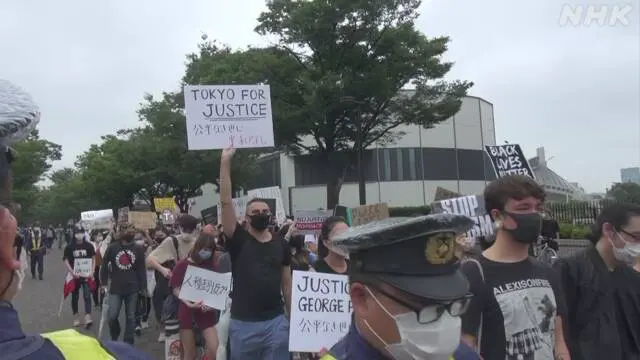European solidarity is set to be put to the test as an extraordinary ministerial meeting on migration is to be convened on Sept. 14.
European Council President Donald Tusk on Monday said the Luxembourg Presidency of the Council of the European Union called an emergency meeting of home affairs ministers to strengthen the European response in dealing with the migration challenge.
Describing the ongoing crisis as the most important issue for Europe, Tusk said "the summer has confirmed that migration will remain a key issue for Europe in the years to come."
Hundreds of thousands of refugees and migrants are making their way to Europe, risking their lives to cross the Mediterranean Sea. They take a variety of routes and come from a number of different countries, including Syria, Eritrea and Afghanistan, fleeing conflict and poverty in their homeland.
Some 237,000 migrants have reached Europe by sea this year, most landing in Italy and Greece. Over 2,300 have died during the crossing, according to the International Organization for Migration (IOM).
Earlier on Monday, Hungarian police began allowing refugees with travel documents and tickets to board trains to Germany.
Meanwhile, German Chancellor Angela Merkel warned of an EU failure on the issue, saying: "If Europe fails on the question of refugees, then it won't be the Europe we wished for."
Merkel was speaking after Austrian authorities arrested five suspected people smugglers along the country's eastern borders.
In dealing with this worst refugee crisis since the Second World War, the solidarity among EU member states is being tested.
In July, EU ministers failed to agree on a plan to relocate 40, 000 refugees in Italy and Greece among its members over the next two years.
Some 35,000 arrived in Hungary in the month of July alone, meaning the country is joining Italy and Greece as the EU member states most exposed on the frontline.
Hungary's plan to build an anti-immigration fence along its border with Serbia drew condemnation at home and abroad.
Calling the behavior of certain East European countries "scandalous," French Foreign Minister Laurent Fabius said Hungary was not respecting common European values.
In response, his Hungarian counterpart Peter Szijjarto described Fabius' critique as shocking and astounding in a statement Sunday to local wire service MTI.
"The limited enthusiasm of most EU states to undertake any commitments in the context of a burden-sharing agreement promoted by the European Commission is once more testing the limits of European solidarity and the idea of common European policies," Thanos Dokos, director general of the Hellenic Foundation for European and Foreign Policy, was quoted as saying by think tank Carnegie Europe.
EU leaders have proposed sharing the migration burden and called for solidarity on many occasions.
European Commission President Jean-Claude Juncker said the EU has to show solidarity in migration policy in an article published last week. He stressed that the measures proposed by the European Commission urgently need to be taken up by all 28 member states.
Even though some nations remained reluctant to do so, Juncker called to establish a permanent migrant relocation mechanism, which could be automatically triggered in emergency situations.
"What we need, and what we are sadly still lacking, is the collective courage to follow through on our commitments -- even when they are not easy, even when they are not popular," said Juncker. Enditem
 简体中文
简体中文

